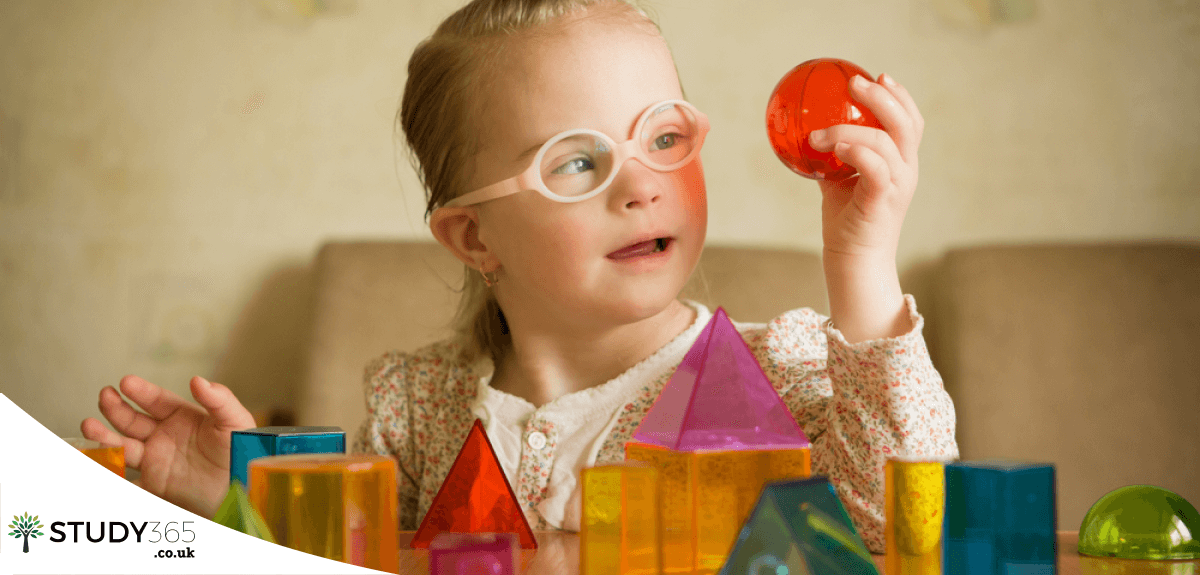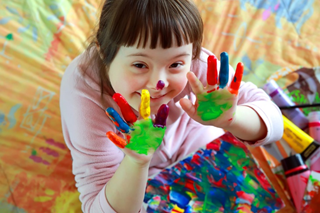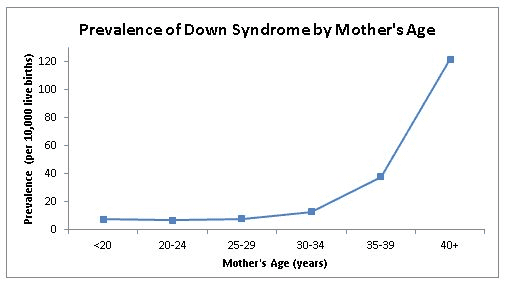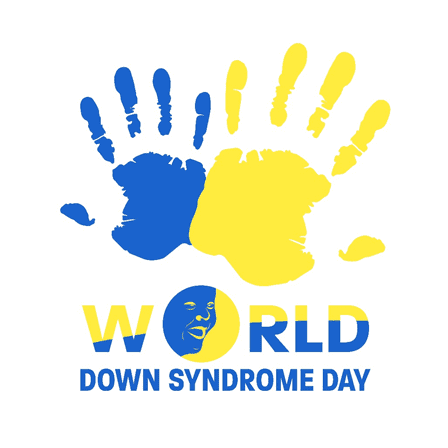What is Down Syndrome and What are the Causes?

World Down Syndrome Day is celebrated each year on the 21st of March. It is dedicated to creating global awareness and has been observed by United Nations since 2012. Down Syndrome is a disorder in the chromosomes that is caused when an error in cell division during the pregnancy results in an additional 21st chromosome.

1 in every 700 pregnancies has been estimated to indicate Down Syndrome. Many risk factors contribute to this, but Down Syndrome studies have indicated that if mothers are over 35 years of age, there is a higher risk of the child having the disorder. The condition can now be detected before or after birth through a series of tests.

(Source: https://www.cdc.gov/ncbddd/birthdefects/downsyndrome/data.html )
Having to look after a child with Down Syndrome can be challenging but all over the world, hundreds and thousands of parents lovingly look after their children and in the recent past, many of these children have grown up to become exemplary, intelligent and inspiring adults that we all can learn from too.

Down Syndrome Facts
- Older maternal age is a high-risk factor in causing Down Syndrome.
- What causes Down Syndrome? In short, usually, there are two copies of each chromosome. In Down Syndrome, there are 3 copies of the 21st
- There are physical features that are common and are easily distinguishable in individuals with the disorder.
- Individuals who have Down Syndrome also have a higher risk of certain other conditions such as Alzheimer’s and Epilepsy.
- Screening tests can be carried out during pregnancy to determine if the child will or will not have Down Syndrome.
What are the Symptoms of Down Syndrome?
- Decreased or poor muscle tone
- Short neck, with excess skin at the back of the neck
- Flattened facial profile and nose
- Small head, ears, and mouth
- Upward slanting eyes, often with a skin fold that comes out from the upper eyelid and covers the inner corner of the eye
- White spots on the coloured part of the eye (called Brushfield spots)
- Wide, short hands with short fingers
- A single, deep, crease across the palm
- A deep groove between the first and second toes
In addition to these symptoms, physical development in children with Down syndrome is often slower than the development of children without Down syndrome. It may take children with Down syndrome longer than other children to reach developmental milestones, but they will eventually meet many of these milestones.
Developmental delays and Down Syndrome
Those with Down Syndrome will have development profiles that often suggest mild or moderate intellectual disability. But that said, cognitive development will widely vary from one individual to another. Children with the condition will reach their development milestones, later than other children of their age. They can be things like speech impairments where therapy may be needed to teach the child to talk. Fine motor skills can also be negatively impacted. In general, a child with Down Syndrome will;
- Be at least 11 months when they can sit
- Be at least 17 months before they learn to crawl
- Only be able to walk around 26 months
- Impairments are possible in attention span, ability to make judgments and could show impulsive behaviour.
We must also remember, however, that these children can grow up to become active and working members of our communities.
Health Problems and Down Syndrome
Sometimes, there can also be general health issues that can affect any part of the body in conjunction with Down Syndrome. In such situations we say that people with this problem are more susceptible to the following conditions;
- At least half of people diagnosed with this disease also have a congenital heart defect
- Respiratory issues
- Hearing impairments
- Alzheimer’s Disease
- Childhood Leukemia
- Epilepsy
- Thyroid issues
Looking After a Child with Down Syndrome
If you are going to be looking after or providing care for a child with Down Syndrome, you need to have the right qualifications to do so. The job is a very sensitive one and if you do not know the right methods, you could be putting that child in the way of harm.
You will definitely need to know the medical details of how to care for them and what you should do during an emergency be it medical or behavioural. In addition to this, you should also be able to cultivate within you, a sense of patience, compassion, and empathy. Don’t mistake empathy for sympathy. What they need would be your respect and understanding and the willingness to receive the same treatment as you would offer to any other child.
Is There Any Treatment for Down Syndrome?
There is, unfortunately, no treatment for Down Syndrome.
However, there is hope as many organisations around the world are working day and night to make the world a better and more accepting place for the individuals affected by this debilitating condition.
People with the disorder will receive health care just like others receive them for the various conditions that they have in conjunction with the disorder. Early intervention can help individuals maximise their potential and will prepare them to take on an active societal role.

0 responses on "What is Down Syndrome and What are the Causes?"